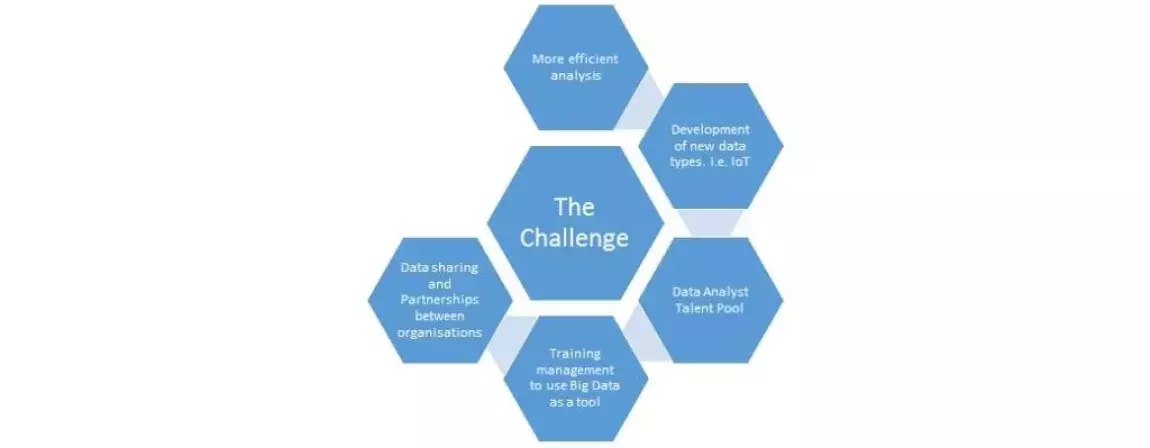Impact of Big Data in Project Management

Big Data booster of Project Management
Big data permit to have an Access to Historical Information, and give to the project manager a stronger position to make decisions. The manager will be able to see the results of previous actions and apply their own judgement, experience and instinct when making a decision. Analysing this data can help identify methods to promote predictive actions. Large amounts of data is best used to identify patterns and trends, it helps to create innovative solutions and encourages development towards creating more efficient and effective processes. Manager will be able to decide what tools would be best practice for return on investment.
Project managers will be able to utilise big data to make corporate decisions. As data gains more intrinsic value it will become a focal point of business. Big data can help identify which organisations could provide a competitive advantage, allowing a manager to see which solutions or technologies would provide the best competitive advantage.
Using Big Data is a need to made processes more efficient, with data being retrieved throughout various parts of the process life cycle it allows for both a high level and detailed level analysis to be done for each phase of the process. A project manager has the tools to compare and investigate each phase of the life cycle to identify which areas need improvement. The process of logistics within an organisation can be monitored and followed from the moment it enters the warehouse till it reaches the customer. Points of analysis could be restocking rates, delivery times, customer behavior, purchase items, return rates etc.
Big Data and Project Management just a positive link ?
The Analysis paralysis is a real problem of Big data, with access to vast information the project manager may not be able to take decisive action. This is often the case when dealing with new trends or technology, often the deciding person does not have the instinct of foresight to see how the change will affect the organisation, and often does not take action.
The data cannot be in real time by the time it is analysed and processed. This means that the data and decisions made will be based on the past, like non-reactive information, regardless of if the data is gathered in real time. This has a direct impact on organisations that work with agile methodologies. As requirements and needs change the method and perspective that the data is viewed must also reflect the change.
The more data there is, the more accurate the findings, correlations, and analysis will be, that requires many data analysts. There is a clear correlation between complex analytics, size of data pools and experienced data analysts. The current market shows increasing demand of big data, but a much slower supply of experienced data analysts.

The challenges listed above showcase the main difficulties of making Big-Data as widespread as it hopes to be. Trying to get data analysts with experience in doing complex analysis on vast amounts of data is the current key blocking point, as it takes too long to analyse vast amounts of data, there may be ways to utilise new technology such as cognitive coding to help enhance this process. A key factor is to train management to only use big data as a tool refer to when making decisions, rather than basing decisions on big-data.
We have gone through various stages of data evolution. The first stage being the digital revolution where all information and data was being stored and converted digitally. The second stage was the digital evolution, where the data storage is amplified by the use of all the tools and devices to accommodate digital information, i.e. mobile phones, tablets, computers. The third phase is to be able to analyse all the information to enhance human lives, we are now at the starting point of this phase with the introduction of Big Data.
The question is, how will the major players of ‘Big Data’ interact with SME’s and other organisations, how will the market develop and grow ? Will we be in a position where ‘Big Data’ will be integrated into a project manager’s role, or will it always be sidelined by human instinct ? It seems very probable that big data will be the next step into digital coexistence, where our services such as healthcare, utilities, shopping will be digitally seamless and catered for. I eagerly await to see what the future has in store.





